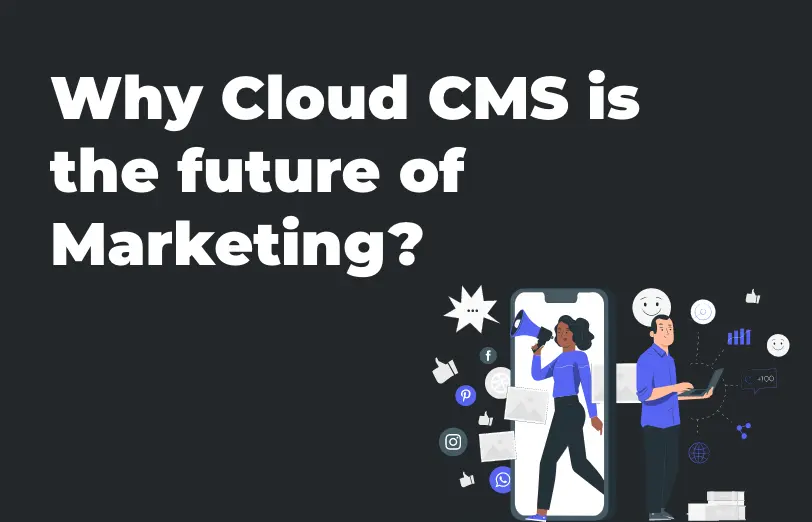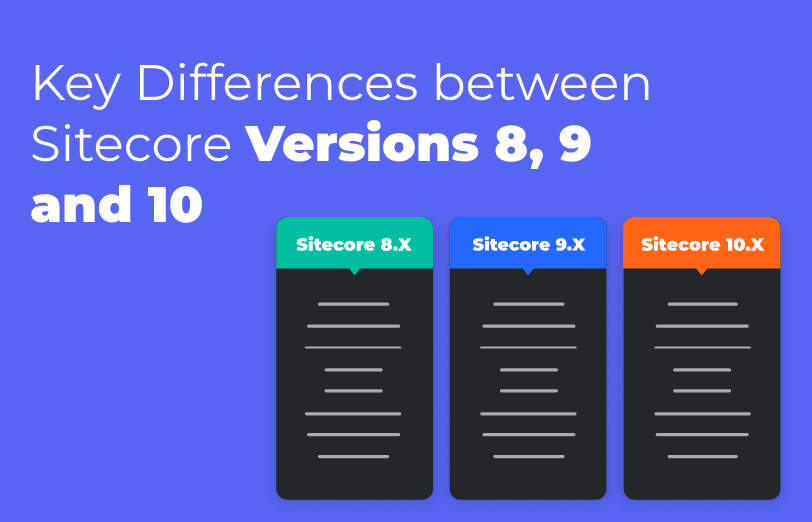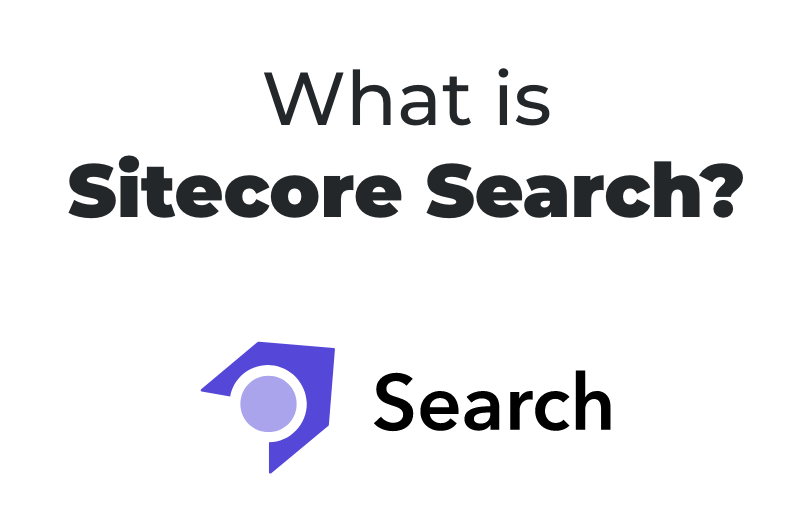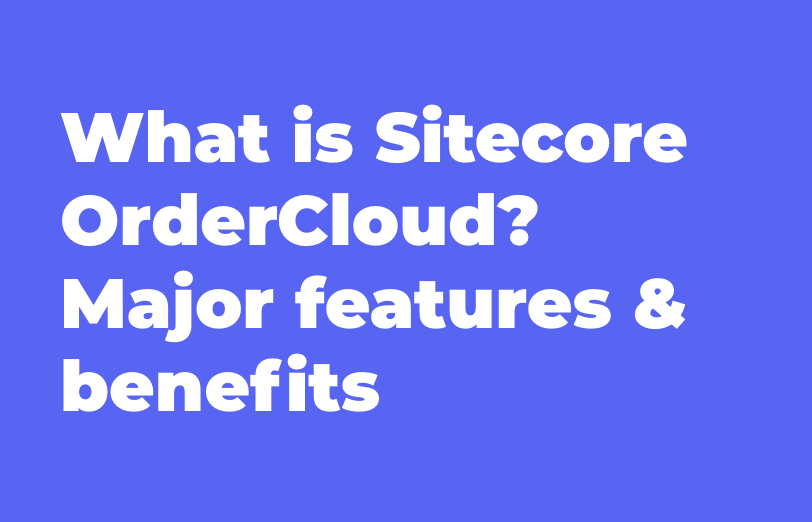Need An Accurate Estimate For Your Sitecore XM Cloud Migration Project? Kickstart Your Journey Here!
Get My EstimateWhy are marketers accepting and embracing Cloud Content Management Systems? What exactly does it have that is different from a traditional CMS? In this blog, we will discuss Cloud CMS, its benefits and most importantly, why it is all the rage right now among the marketers in the market!
Brands and businesses are becoming more and more customer-centric nowadays. This is not just required but expected out of them because customers want to stay connected in order to become loyal to the brands.
Ever since the pandemic happened, it has become even more essential to be connected to your customers. Not only has it become essential but also it has become easier. Digital transformation has changed the entire landscape of marketers and how a brand connects with its customers.
Most organizations are accelerating their use of Cloud technologies to maintain a competitive edge and transform customer interactions.
A cloud CMS is just like a traditional CMS but the main difference is that in the cloud CMS, every process is remote server, or “in the cloud.” A cloud system usually has a web-based interface to make it easier for the collaborators and users for content creation and publication.
It does not need you to install any software locally. Sitecore CMS is an example of one such cloud CMS.
Sitecore is used by large enterprises, global players and major fortune 500 companies who require a powerful and scalable platform for managing their online operations, online presence and user interaction.
Sitecore CMS is built on .NET and also powered by Microsoft SQL server database. The Sitecore CMS also offers a range of features, tools, and advantages when it comes to building, managing and deploying multiple websites, and managing content.
Other examples of a Cloud CMS are WordPress, Drupal, Joomla, etc.
Want to know more about how to choose the best CMS? Check out The Ultimate Guide to choose Sitecore CMS for your business
- Increased Speed
The right cloud CMS can accelerate the process of implementation, setup, integration, adoption and usage. These speed advantages are not limited to the launch day either. Your teams can spin up new websites or apps, even microsites and landing pages with speed.
Additionally, your development team will get a unified, modern platform for collaboration with a cloud-hosted server. The development teams can even work parallelly with the content teams without having to wait for each other because most of the cloud-based CMSs nowadays are headless.
Headless is the future, specifically for e-commerce businesses. A cloud-based CMS all-in-all enables speedy implementation, quick content distribution, faster and easier edits, as well as optimization.
- Boost productivity
When you have a cloud-hosted CMS, it eliminates silos and also promotes effortless collaboration. Marketers won’t have to be dependent on developers for new content and the developers can focus on high-value projects.
- Improved ROI and increased profits
Even though a cloud CMS requires an initial investment, it is much more profitable in the long run and a wise investment.
-
Adapt quickly
When it comes to the market, and the world, everything changes quickly. New advancements in technology are coming out every day and new preferences and trends are also coming out every day. But, cloud-based technologies make speedy adaptations with consistent and automatic updates.
Cloud-based CMSs as we already discussed have grown in popularity in the recent years. They offer several benefits compared to traditional CMSs.
One of the main benefits of cloud-based CMSs is that it allows marketers to access and also manage their website and content from anywhere, anytime, using any device with an internet connection. This is useful for organizations that have employees working remotely.
Another benefit of a cloud-based CMS is that it is generally easier to use and maintain than an on-premises CMS.
Also, cloud-based CMSs are typically fully managed by the provider, which means that the provider takes care of software updates, backups, and other maintenance tasks. This frees up the marketers to focus on creating and publishing content, rather than worrying about technical issues.
If an organization's website traffic increases or decreases significantly, a cloud-based CMS can easily scale up or down to meet the changing demand. This can help organizations save money on hosting costs and other infrastructure costs.
Overall, cloud-based solutions are gaining momentum in the recent years and for marketers, it is the future. A cloud-based CMS offers a number of solutions to all the business needs and also provide flexibility, ease of use and scalability.
These factors make them an attractive option for organizations looking to improve their marketing efforts and this is why cloud CMSs are the future of marketing.
Want to improve your Sitecore platform? Get a free audit now!

 About Us
About Us
 Careers
Hiring
Careers
Hiring
 Our Story
Our Story
 Let’s talk
Let’s talk













